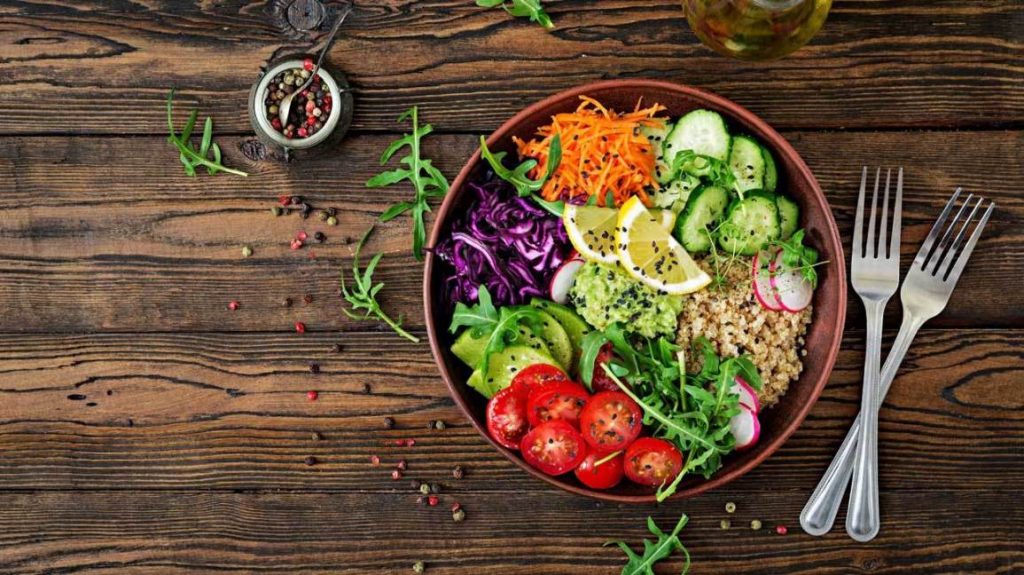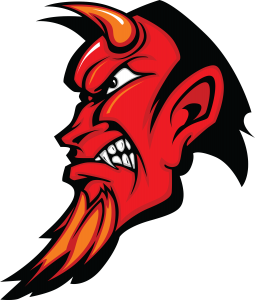Glossary
Berger’s Disease
See “IGA NEPHROPATHY“
Dietary Vegan
A person who follows a plant-based, animal-free diet, but does not necessarily follow the strict lifestyle of non-use of animal products. (It is important to note that the use of this term often causes controversy — many vegans feel it takes away from the spirit of their ideology and cause, while many strict/pure vegetarians feel it is the only term that clearly separates them from Lacto-Ovo Vegetarians in society’s eye.)

Elimination Diet
Rather than a long-term change in eating, this is really a procedure used to identify foods responsible for food intolerance. First, all suspected foods are excluded from the diet. After a period of time, the foods are reintroduced one at a time at intervals. An eating diary is kept which logs the foods eaten and any unpleasant symptoms associated with them (e.g. nausea, headaches, insomnia). The aim is to eliminate from the final diet all foods that cause an intolerance reaction.
Flexitarian
A person who considers him/herself to be a semi-vegetarian focusing on vegetarian food with occasional meat consumption. There are no guidelines for how much or how little meat one must eat before being classified a flexitarian. Flexitarians sometimes refer to themselves as “almost vegetarians” — most actual vegetarians do not appear to appreciate this.
Gastroparesis
Gastroparesis, also called delayed gastric emptying, is a disorder in which the stomach takes too long to empty its contents. Normally, the stomach contracts to move food down into the small intestine for digestion. The vagus nerve controls the movement of food from the stomach through the digestive tract. GASTROPARESIS occurs when the vagus nerve is damaged and the muscles of the stomach and intestines do not work normally. Food then moves slowly or stops moving through the digestive tract. Signs and symptoms of gastroparesis are heartburn, pain in the upper abdomen, nausea, vomiting of undigested food-sometimes several hours after a meal, early feeling of fullness after only a few bites of food, weight loss due to poor absorption of nutrients or low calorie intake, abdominal bloating, high and low blood glucose levels lack of appetite, gastroesophageal reflux, and spasms in the stomach area.

IgA nephropathy
Also known as Berger’s Disease or IGAN, it is a common autoimmune kidney disease that occurs when an antibody called IgA lodges in the kidneys. This hampers the kidneys’ ability to filter waste and excess water from the blood. Over time, it can lead to blood and protein in the urine, high blood pressure, and swollen hands and feet. IGAN usually progresses slowly over many years, and although some people eventually achieve complete remission, others develop end-stage kidney failure. No cure exists for IGAN, but certain medications can slow its course. Keeping your blood pressure under control, limiting protein in your diet and reducing your cholesterol levels also may help keep IGAN in check.
Lacto Vegetarian
A person who follows a vegan diet, but also consumes milk and milk products. This is common in India.
Lacto-Ovo Vegetarian
A person who follows a vegan diet, but also consumes eggs and milk and milk products. This is the most common form of vegetarianism in the Western world.
Ovo-Lacto Vegetarian
See “Lacto-Ovo Vegetarian”
Pescetarian
A person who generally follows a lacto-ovo vegetarian diet and also consumes fish; this type of pseudo-vegetarianism is not accepted by Vegan and Vegetarian societies. (It’s possible that the Catholic practice of eating fish on Fridays during Lent led to the Western cultural misunderstanding that pescetarians are the same as vegetarians.)
Semi-vegetarian
A person who follows a diet which excludes some meat (particularly red meat) from the diet while still consuming limited amounts of poultry, fish, and/or seafood. A semi-vegetarian may also be a flexitarian. Semi-vegetarian diets are not vegetarian diets.
Strict Vegetarian
See “DIETARY VEGAN“
Vegetarian
A person whose diet excludes animal flesh (meat, poultry, fish and seafood), but may or may not consume dairy products or eggs. (See also Lacto-Ovo Vegetarian and Lacto Vegetarian.)

Vegan
A person who has chosen a lifestyle of compassion with the intention to end the suffering and exploitation of animals; his or her diet excludes animal flesh (meat, poultry, fish and seafood), animal products (eggs and dairy), and usually excludes honey. Beyond his/her diet, his/her lifestyle also excludes the wearing and use of animal products (leather, silk, wool, lanolin, gelatin…). (The major vegan societies all disallow honey, but some “vegans” still use it. Some “vegans” also refuse to eat yeast products.)


